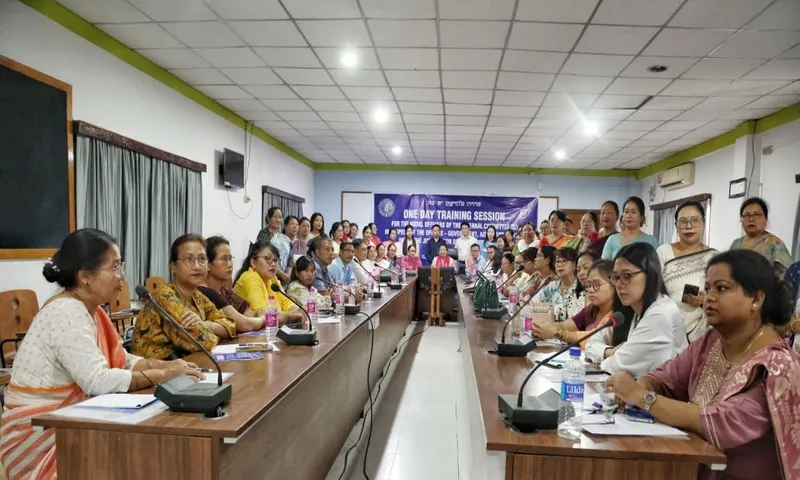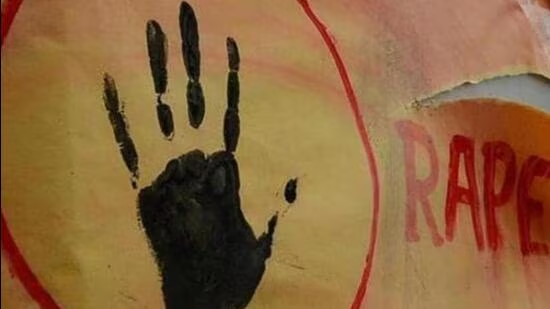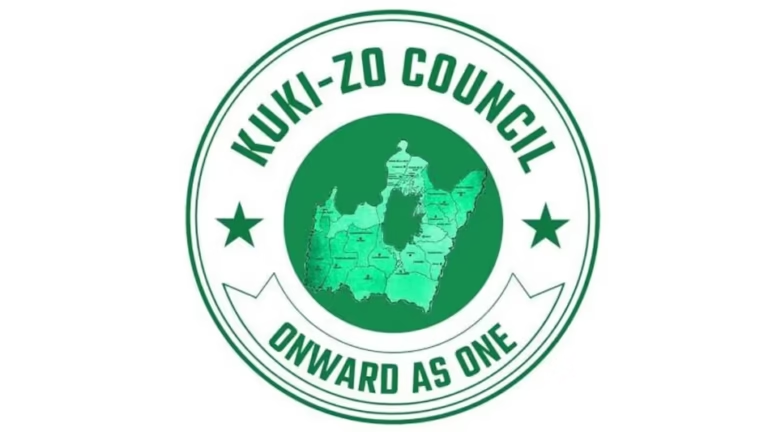Manipur: Women’s Commission Trains Nodal Officers on Sexual Harassment at the Workplace
The Manipur State Commission for Women (MSCW), in collaboration with the Imphal West district administration, held a one-day training for nodal officers of Internal Committees (ICs) from government, aided, and private offices at Kombirei Hall, DC Office Complex, Imphal. MSCW Chairperson Thumlip Tiningpham Monsang stressed women’s empowerment, the importance of awareness about rights and redressal mechanisms, and urged use of the MSCW website for information; she also clarified that laws protecting women are not “anti-men” and that respondents can also be women.
The basics: what happened in Imphal
On the day, nodal officers from a cross-section of workplaces in Imphal West gathered at Kombirei Hall, DC Office Complex for a targeted training program organized jointly by MSCW and the Imphal West District Administration. The emphasis was on Sexual Harassment of Women at Workplace (Prevention, Prohibition and Redressal) — commonly called the POSH framework — and on building local capacity so complaints can be handled sensitively and legally. MSCW Chairperson Thumlip Tiningpham Monsang opened the session, underlining the role of women in society, the need for awareness of rights, and the duty of institutions to maintain dignity for both complainants and respondents.
5 FAQs
1. Q: What should I do if my workplace doesn’t have an Internal Complaints Committee (ICC)?
A: If your workplace has 10 or more employees and there’s no ICC, you can (a) request the employer in writing to form one, (b) file a complaint on the national SHe-Box portal, or (c) approach your State Women’s Commission (e.g., MSCW in Manipur). Keep written records of your requests.
2. Q: Can men be complainants or respondents under the POSH Act?
A: Yes. While the Act focuses on protection of women, workplaces must treat all parties fairly; respondents can be men or women, and some procedures (like confidentiality and fair inquiry) protect everyone. State commissions stress dignity for all parties.
3. Q: How long does a POSH inquiry typically take?
A: The Act specifies timelines (generally a few weeks to a few months depending on rules and complexity), but delays do occur. If timelines are exceeded, escalate to the District Officer, SHe-Box, or the State Women’s Commission.
4. Q: What protections exist against retaliation after filing a complaint?
A: The law and organizational policies should protect complainants from victimization or adverse employment action. If retaliation occurs, it can be reported as a separate issue to the ICC, SHe-Box, or the State Commission. Document incidents and seek legal aid if needed.
5. Q: Where can I learn more about the POSH Act and official complaint channels?
A: Read the full POSH Act (IndiaCode) and the Ministry’s POSH handbook; use the SHe-Box portal for online complaints, and consult your State Women’s Commission (like MSCW) for local assistance.




